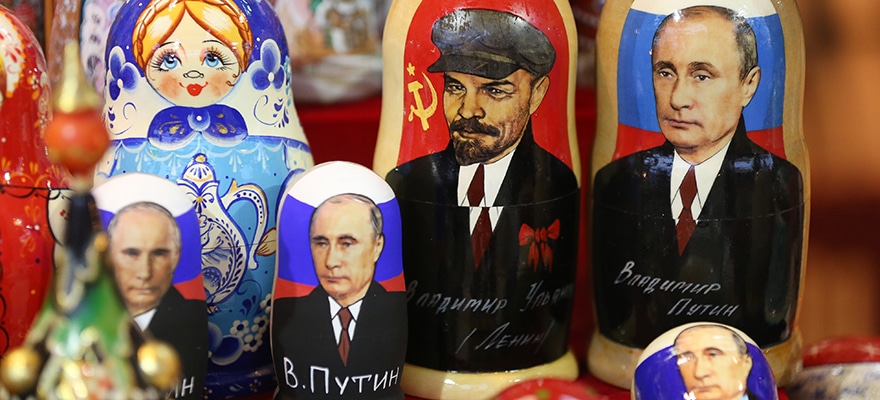The Russian Association of Cryptocurrency and Blockchain (RACIB) has announced that it intends to develop guidelines for initial coin offerings in Russia, hoping to distinguish between legitimate projects and scams, according to a report in banki.ru.
The standard will not be legally enforced but come in the form of self-regulation. The RACIB will set up a dedicated committee to ensure compliance.
The RABIC, founded in 2017, is a blockchain advocacy organisation. Membership of this organisation may become increasingly vital as the Russian government makes it clear that cryptocurrency will only be tolerated if it is under state control. For example, the government has banned Russians from participating in the ICO of instant messaging company Telegram because the latter refused to give up its encryption keys for the government to inspect. Russian citizens have been finding ways around the blocked IPs, while Telegram CEO Pavel Durov (a Russian citizen) has exiled himself
According to RACIB, half of the $300 million raised by ICOs in Russia in 2017 was wasted on pyramid schemes. This is likely to become a bigger issue in 2018 as money raised by ICOs is only expected to grow; CoinDesk reported that more money was raised by ICOs than had been in the whole of 2017. While it should be noted that almost a third of the $6.3 billion raised in 2018 can be attributed to one project (), even without this the figure is only 15 percent less than 2017’s $3.5 billion – in fact this figure itself is to a large extent reliant on a .
Russian projects have accounted for approximately 10 percent of the ICO market thus far, and according to this, the RACIB projects that Russian ICOs could raise as much as $1.5 billion in 2018.
Recently the RACIB joined with other cryptocurrency organisations to form a mecha-organisation called the , the purpose of which is to take Facebook, Google and Yandex to court over their recent decision to ban cryptocurrency advertising.





Be First to Comment